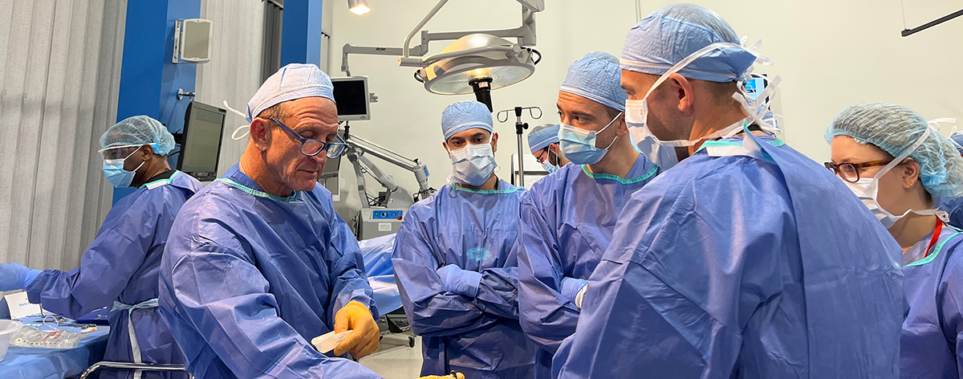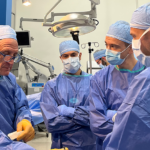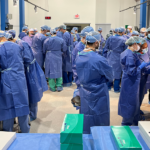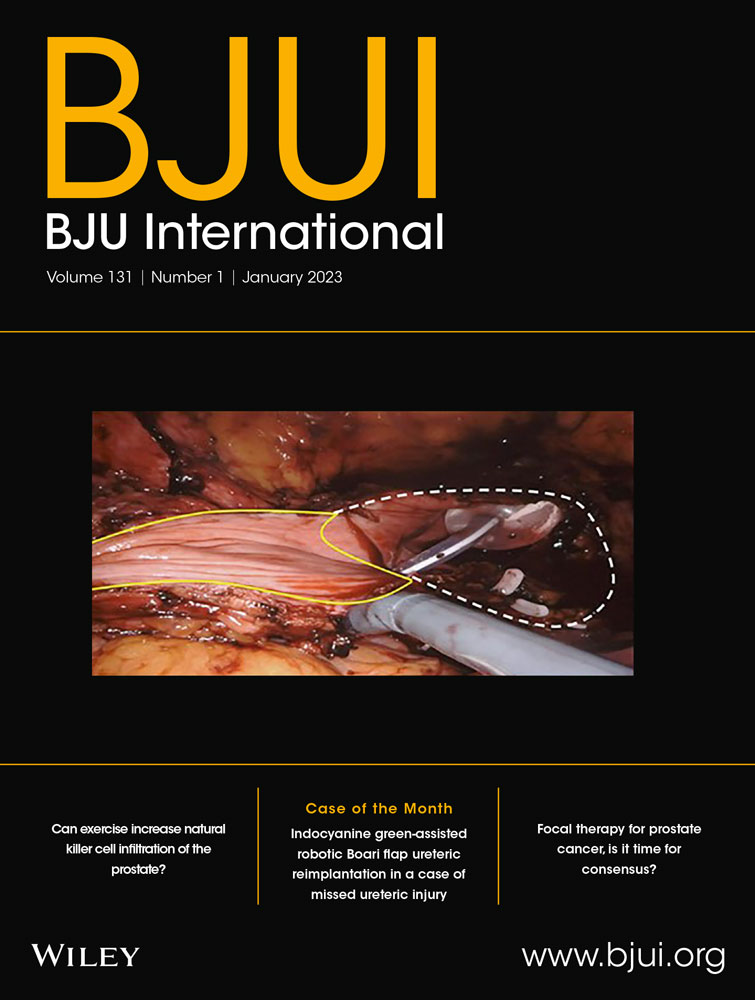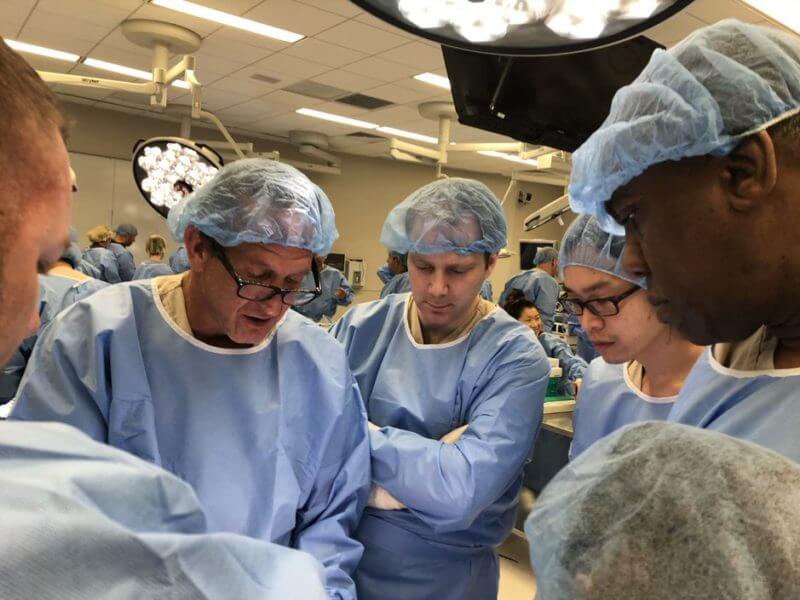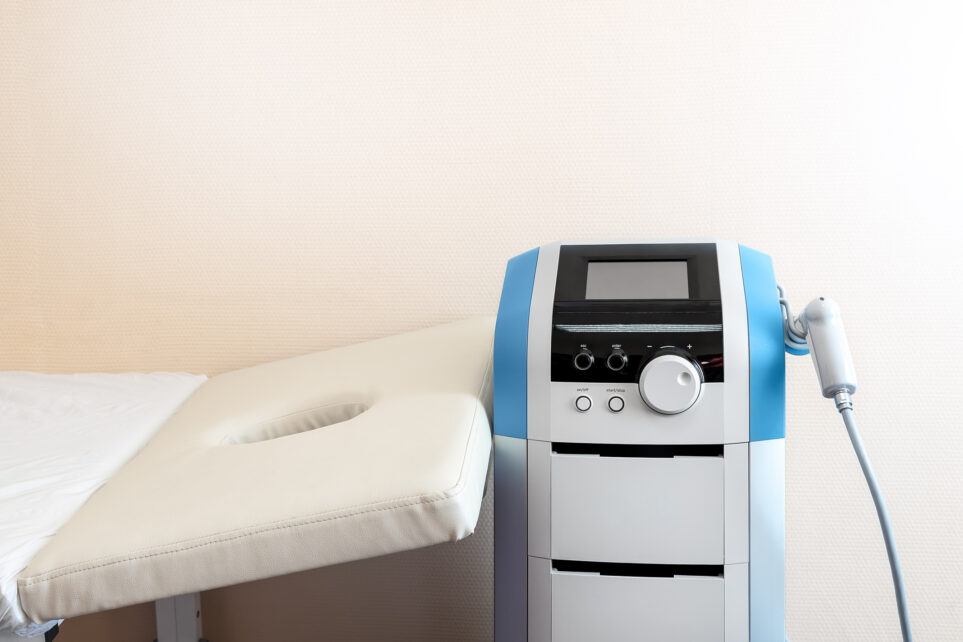Dr. Perito often refers to himself and his most esteemed colleagues in the medical field of urologic surgery as “Stewards of the Penis™.” But what does this mean exactly, and how is a steward different from a standard medical or cosmetic provider?
- Stewards of the Penis™ professionals are in the elite of medical professionals: Whether it’s for treatment of ED, a cosmetic procedure, incontinence, or Peyronie’s Disease, anyone that’s a true Steward of the Penis™ professional is highly educated with years of hands-on experience, often with sixteen years of additional training. One must look for certifications from medical organizations and societies, accolades and recognition from other professionals in the field.
- Stewards of the Penis™ professionals understand their physiology: The human body is extremely complicated, and the penis is a complicated system unto itself. A general practitioner or less-skilled surgeon will not know the many nuances of how the penis functions, and what telltale signs are of potential injury or dysfunction. Only years of education, training and patient care can provide the level of understanding of true stewardship.
- Stewards of the Penis™ professionals understand what it means for patients: Treatment of a penis isn’t just medical: It has psychological, emotional, cultural and sexual value that’s key to many men’s identities and overall well-being. A Steward of the Penis™ professional understands that any kind of treatment has a psychological component to be taken into consideration. A patient isn’t just a piece of meat and neither is their penis!
- Stewards of the Penis™ professionals never stop learning: Any steward of a medical field or specialty knows that they’re never going to stop learning. As scientific knowledge expands, more research is conducted, new devices and procedures come to the market and new specialists enter the field, there’s always something new to be learned, tested and verified. A Steward of the Penis™ professional knows this and is constantly training, researching and collaborating with their peers and colleagues. It takes a lot of work, but it’s worth it to make sure patients receive the absolute best care and treatment options.
Just as you wouldn’t climb into a helicopter with an amateur pilot, you wouldn’t want to leave treatment and diagnosis of your penis to an amateur or beautician. If you have a medical problem or simply want to enhance the appearance of your penis, be sure that you’re going to one of the experts: You deserve nothing less than a true “Steward of the Penis™” professional.


